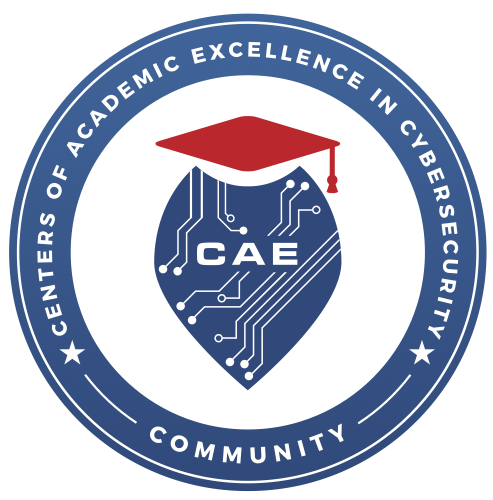Home | Advancing Technology Degrees | Technology Studies
University of Advancing Technology’s Technologies Studies degree is designed to educate students about key aspects of the history and application of technology in business, entrepreneurship and innovation. Students gain lifelong skills in strategic thinking, information technology, presentation and analysis, and modern marketing strategy.
UAT’s Technology Studies curriculum will further student’s understanding of the social, cultural, and economic impact of technology and is ideal for preparing technology generalists for a broad range of job opportunities. This bachelor’s degree is the foundation for a successful career in technology and the business of technology including paths in marketing, business management, information technology, and entrepreneurial endeavors.
UAT’s Technology Studies degree will help you master the broad scope of technology and its evolution.
Check out some of this semester’s Technology Studies courses and gear up for fresh challenges. Unlock new skills and power up your education.
Successful design and implementation of technology projects require substantial planning and execution. This course covers industry accepted techniques and frameworks for managing projects such as: PERT, Agile, Prince2, Benefits Realization Management, Lean, Process Based Management, Critical Chain Analysis and Pragmatic Project Management. Students will learn about and practice management models as a requisite for successfully completing future projects.
This course introduces what AI is, the history, and where it is going. Students will understand how AI utilizes technology and impacts the world today. Students will go beyond understanding to developing both AI and analytics applications utilizing libraries and other resources to accomplish this. This course does use programming but the research and use of libraries is the primary focus.
Continuing the concepts begun in DVA101, this course introduces students to more advanced digital film production equipment and techniques and emphasizes the production of complete works. Working in teams, students will produce various projects, including music videos, documentaries and short films, while also exploring additional aesthetic concepts such as depth of field, camera movement, and advanced lighting and sound. A greater emphasis is also placed on the pre-production stage for each type of project.
Writing for the interactive environments of current and future video games poses complex challenges that are unique to the field. As the consumer base grows more sophisticated, gamers are demanding complex, believable worlds in which their decisions have an impact. This course explores best practices for creating interactive stories, quests, characters and worlds that flesh out the bare mechanics of game design. Students will create interactive projects and design scenarios with dialog, branching choices, backstory elements and intellectual challenges, as well as look towards the future of game storytelling.
The goal of this course is to provide network administrators with the knowledge to design and implement an effective security strategy in a competitive corporate networking environment. This course will explore security-by design utilizing anti-virus tools, security policies and practices, password management, risk analysis and assessments, network vulnerabilities, enhancing security through cabling and network hardware, understanding different types of firewalls, packet filtering and NAT, setting up and securing a VPN, and understanding contemporary hacker exploits.
The hardware platforms associated with Virtual and Augmented Reality are a defining aspect of development. How the user interacts with your VR and AR content is often dictated by the platform and hardware associated with the experience. This course will look at the hardware and software platforms used in VR and AR development, including PC, Console, Mobile, HMDs, and glasses.
Educating the next wave of innovators, our faculty leverage their experiences to mentor students to lead innovations and solve challenges in advancing technology.
UAT’s Synchronic Learning model provides an education framework that prepares superior graduates to become tomorrow’s innovators. This model embodies UAT’s methodologies, curricula and community dedicated to fostering an environment of innovation that promotes demonstrated mastery and job readiness.
How does UAT prepare superior graduates? Students are required to participate in projects that solve real problems. UAT requires students to innovate and create a working proof of concept that’s never been done before. Students complete internships, community projects and apprenticeship experiences to cultivate their ability to succeed in the workplace.

Network Security curriculum certified by the US National Security Agency's Information Assurance Courseware Evaluation program
